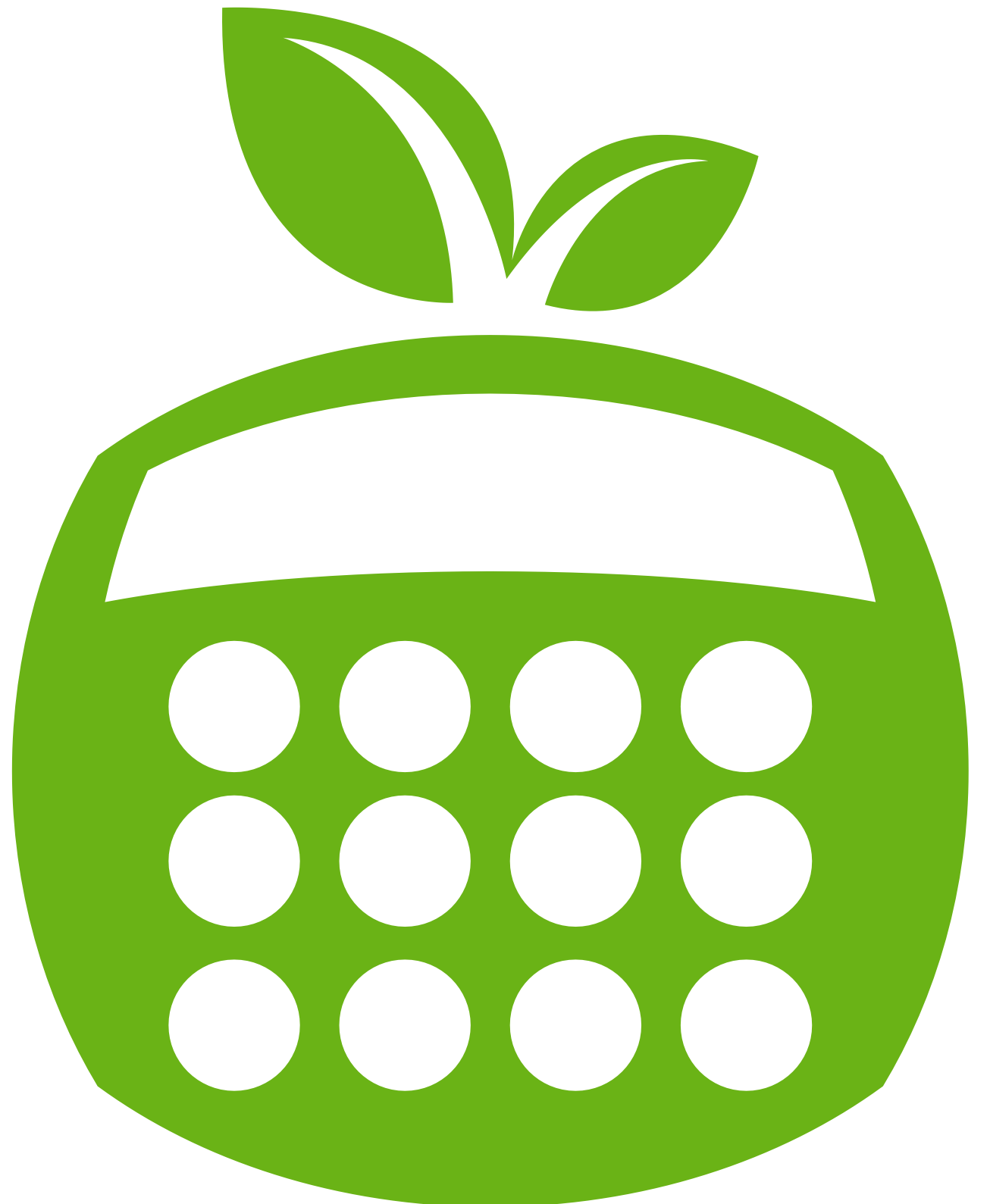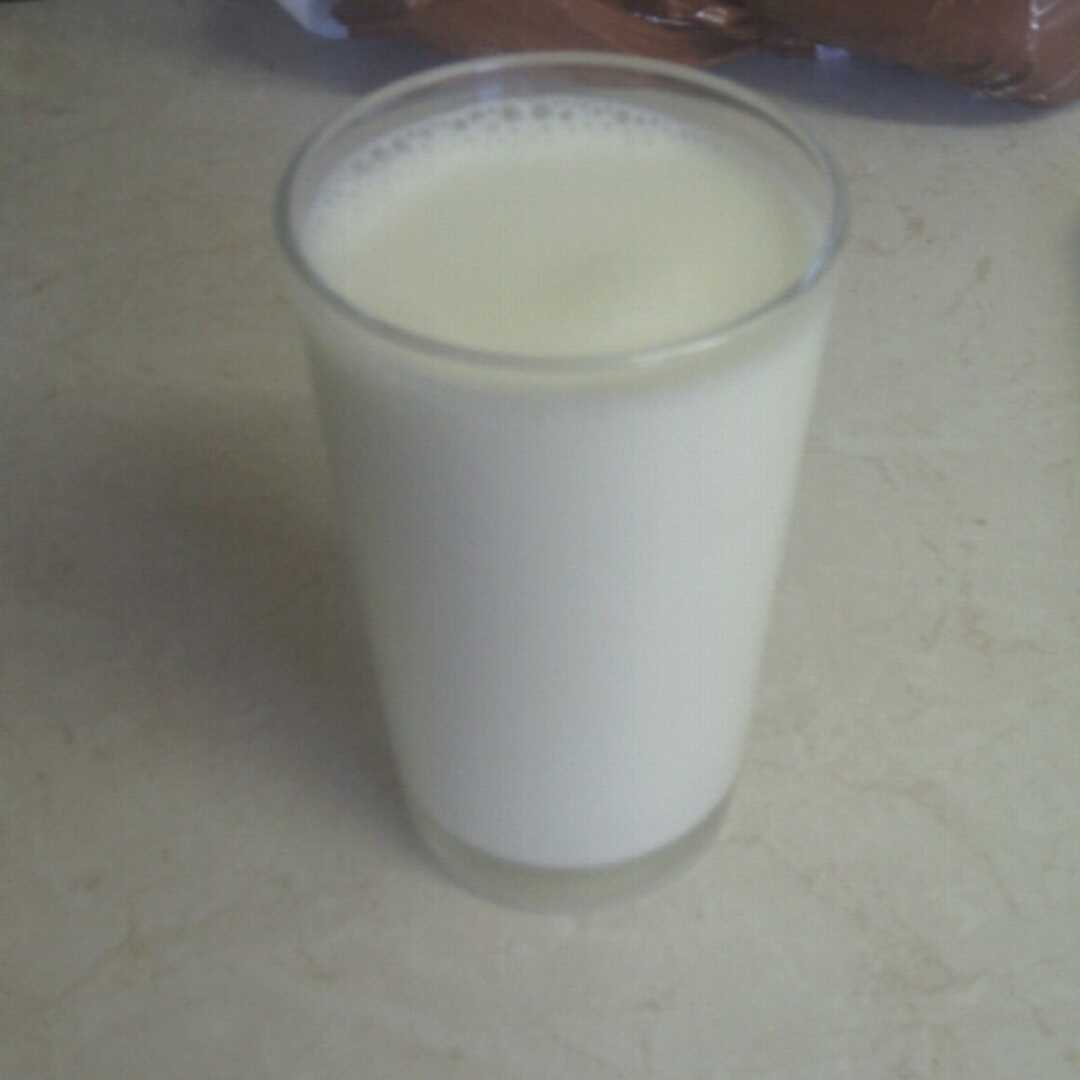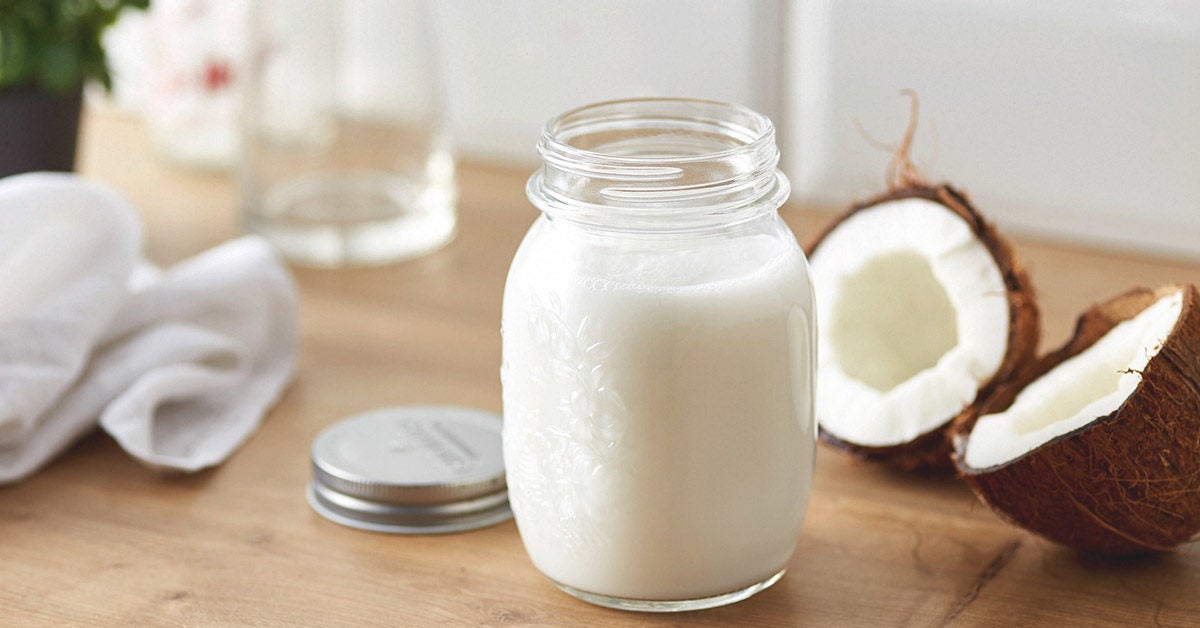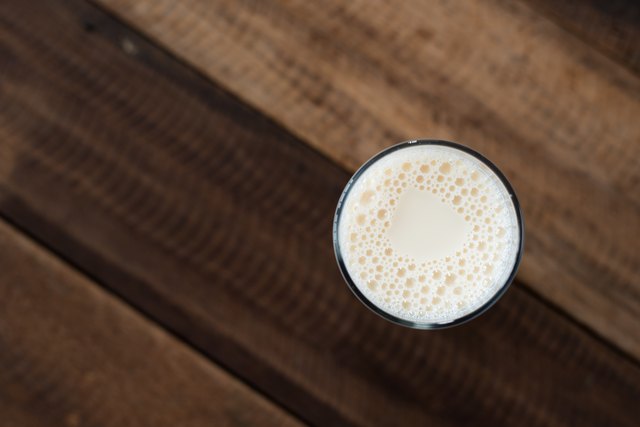One cup of milk contains about 150 calories. Milk is made up of many important substances, such as carbohydrates, fat, and protein. It also contains essential vitamins and minerals that are beneficial for our health. Here's an overview of the nutrition content in a cup (245 grams) of whole cow's milk with 3.25% fat.

Table Of Content:
- Calories in 1 Cup Milk
- Calories in Whole Milk and Nutrition Facts
- Milk: Health Benefits, Nutrition Facts, and More
- Milk 101: Nutrition Facts and Health Effects
- Milk Nutrition Facts and Health Benefits
- Almond Milk vs. Cow's Milk vs. Soy Milk vs. Rice Milk
- Pancakes (1 Cup Milk, 1 Cup Sr Flour, 1 Egg) calories, carbs ...
- 2% Milk Nutrition Facts
- Homemade - Pancakes (1 Cup Milk, 1 Cup Sr Flour, 1 Egg) calories ...
- How Many Calories Are in a Glass of Milk? | livestrong
1. Calories in 1 Cup Milk
https://www.nutritionix.com/food/milk/1-cup Calories, fat, protein, and carbohydrate values for for 1 Cup Milk and other related foods.
Calories, fat, protein, and carbohydrate values for for 1 Cup Milk and other related foods.
2. Calories in Whole Milk and Nutrition Facts
https://www.fatsecret.com/calories-nutrition/generic/milk-cows-fluid-whole Aug 21, 2007 ... There are 146 calories in 1 cup of Whole Milk. Nutrition Facts. Serving Size, 1 cup. Amount Per Serving. Calories. 146. % Daily Values*.
Aug 21, 2007 ... There are 146 calories in 1 cup of Whole Milk. Nutrition Facts. Serving Size, 1 cup. Amount Per Serving. Calories. 146. % Daily Values*.
3. Milk: Health Benefits, Nutrition Facts, and More
https://www.webmd.com/diet/health-benefits-milk Nov 17, 2020 ... Milk provides many essential nutrients. These include: ... One cup of whole milk (3.25% milkfat) contains: ... One cup of 2% milk has fewer calories ...
Nov 17, 2020 ... Milk provides many essential nutrients. These include: ... One cup of whole milk (3.25% milkfat) contains: ... One cup of 2% milk has fewer calories ...
4. Milk 101: Nutrition Facts and Health Effects
https://www.healthline.com/nutrition/milk Milk is a rich source of protein — providing approximately 1 gram of this nutrient in each fluid ounce (30 mL), or 8.14 grams in each cup (249 grams) ( 1Trusted ...
Milk is a rich source of protein — providing approximately 1 gram of this nutrient in each fluid ounce (30 mL), or 8.14 grams in each cup (249 grams) ( 1Trusted ...
5. Milk Nutrition Facts and Health Benefits
https://www.verywellfit.com/milk-nutrition-facts-calories-and-health-benefits-4117877/milk_annotated2-390a948fcd9543acafc975bb3c3bbb91.jpg) Jun 14, 2022 ... Milk Nutrition Facts. The following nutrition information is provided by the USDA for 1 cup (8 ounces) of reduced fat (2%) milk.1.
Jun 14, 2022 ... Milk Nutrition Facts. The following nutrition information is provided by the USDA for 1 cup (8 ounces) of reduced fat (2%) milk.1.
6. Almond Milk vs. Cow's Milk vs. Soy Milk vs. Rice Milk
https://www.healthline.com/health/milk-almond-cow-soy-rice Mar 5, 2020 ... One cup contains about: 150 calories; 12 grams of carbohydrates in the form of lactose (milk sugar); 8 grams of fat; 8 grams of protein.
Mar 5, 2020 ... One cup contains about: 150 calories; 12 grams of carbohydrates in the form of lactose (milk sugar); 8 grams of fat; 8 grams of protein.
7. Pancakes (1 Cup Milk, 1 Cup Sr Flour, 1 Egg) calories, carbs ...
https://www.myfitnesspal.com/food/calories/pancakes-1-cup-milk-1-cup-sr-flour-1-egg-73171999
Find calories, carbs, and nutritional contents for Pancakes (1 Cup Milk, 1 Cup Sr Flour, 1 Egg) and over 2000000 other foods at MyFitnessPal.
8. 2% Milk Nutrition Facts
https://www.menshealth.com/nutrition/a19528088/2-percent-milk-nutrition-facts/ Jan 7, 2015 ... The best milk option, if you want to cut calories, is to go for lower-fat milk varieties—1 cup of 2 percent milk has 24 fewer calories than ...
Jan 7, 2015 ... The best milk option, if you want to cut calories, is to go for lower-fat milk varieties—1 cup of 2 percent milk has 24 fewer calories than ...
9. Homemade - Pancakes (1 Cup Milk, 1 Cup Sr Flour, 1 Egg) calories ...
https://www.myfitnesspal.com/food/calories/homemade-pancakes-1-cup-milk-1-cup-sr-flour-1-egg-73171999
Find calories, carbs, and nutritional contents for Homemade - Pancakes (1 Cup Milk, 1 Cup Sr Flour, 1 Egg) and over 2000000 other foods at MyFitnessPal.
10. How Many Calories Are in a Glass of Milk? | livestrong
https://www.livestrong.com/article/311599-how-many-calories-are-in-a-glass-of-milk/ There are 149 calories in a 1-cup serving of whole milk, according to the USDA's Food Data Central. The calories in milk for a 1-cup serving of non-fat or ...
There are 149 calories in a 1-cup serving of whole milk, according to the USDA's Food Data Central. The calories in milk for a 1-cup serving of non-fat or ...
What are the macronutrients in 1 cup of milk?
One cup of milk contains approximately 8 grams of carbohydrates, 5 grams of fat, and 8 grams of protein.
How much calcium does one cup of milk contain?
One cup (245 grams) of cow’s milk contains 276 mg or 27% of your recommended daily value (DV) for calcium.
Are there any other micronutrients in 1 cup of milk?
Yes! Milk is also rich in many vitamins and minerals like vitamin A, vitamin D, phosphorus, zinc and more.
Is all types of cow’s milk equally nutritious?
Yes! Generally speaking, different types like homogenized or skimmed have similar amounts of nutrients but vary slightly in their nutrition profile because some have added fats or calcium fortification respectively.
Is it okay to consume more than one cup per day?
Yes! As long as you stay within your calorie limits for the day, it is okay to consume a few cups per day if you choose to do so.
Conclusion:
Milk is a nutrient-rich beverage that provides a variety of essential vitamins and minerals beneficial for our health; therefore it can be included as part as a healthy diet when consumed judiciously and within one’s calorie limits for the day.
